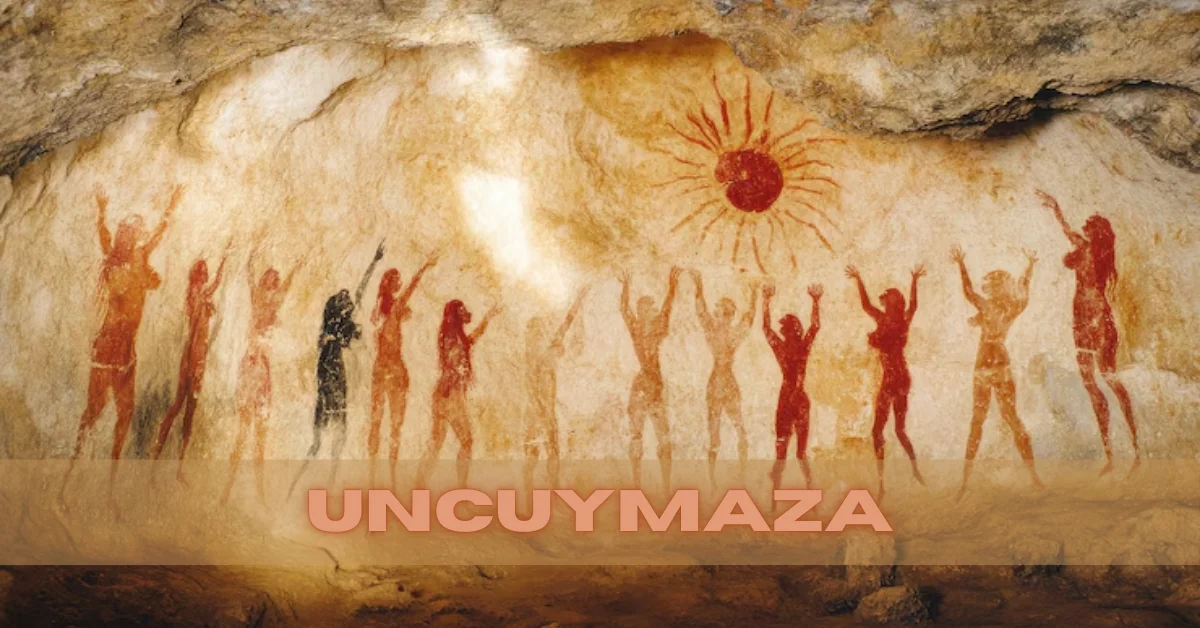Uncuymaza: Exploring Its Meaning and Cultural Roots
The word Uncuymaza is one that sparks curiosity. It has an unusual structure, and like many unique terms, it carries with it layers of history, potential cultural significance, and identity. While not widely recognized in mainstream use, Uncuymaza appears in contexts related to heritage, community, and cultural expression. To understand it better, we need to explore its possible origins, meanings, and uses in today’s world.
The Linguistic Shape of Uncuymaza
At first glance, the structure of the word suggests an origin in indigenous languages. Words ending in “-maza” are often found in South American and Andean dialects, particularly from Quechua and related linguistic families. In those contexts, such endings frequently refer to:
-
Geographic places (villages, rivers, or mountains).
-
Lineage and family names, passed through generations.
-
Descriptive terms tied to natural elements or spiritual symbols.
This suggests that Uncuymaza could be linked to a location, a surname, or a traditional term preserved through oral history.
Possible Cultural Connections
-
Indigenous Heritage
Many Andean names are deeply tied to the natural environment. Uncuymaza could reference a particular landform, a sacred site, or a family rooted in a region. -
Identity and Community
If used as a surname, Uncuymaza may serve as a marker of ancestry, helping families preserve links to their origin. -
Spiritual and Symbolic Meaning
In Andean culture, names often carry symbolic value — representing fertility, strength, rivers, or sacred animals. It is possible that Uncuymaza reflects such associations.
Modern Relevance of Uncuymaza
Even though Uncuymaza is not widely documented in global usage, it may appear in:
-
Genealogical records: Tracing families with Andean or indigenous roots.
-
Geographic references: Villages or landmarks named Uncuymaza or a variation of it.
-
Cultural research: Anthropologists studying heritage often uncover names like these as key to understanding traditions.
For individuals carrying this name, it may serve as a powerful link to ancestral identity and cultural belonging.
Why Names Like Uncuymaza Matter
Names are more than just labels. They act as vessels of history, memory, and connection. Uncuymaza, though uncommon, highlights:
-
The survival of indigenous language elements despite colonization.
-
The importance of preserving traditional names for cultural continuity.
-
How heritage terms still shape identity in the modern world.
For communities in South America and beyond, such names are a living reminder of ancestral wisdom.
Frequently Asked Questions (FAQ)
What does Uncuymaza mean?
While its exact meaning is not fully defined, its structure suggests origins in indigenous South American languages, possibly referring to a place, family name, or symbolic concept.
Is Uncuymaza a surname?
Yes, it could be used as a surname. Many South American surnames preserve regional and indigenous roots.
Where is Uncuymaza most likely used?
It is most likely tied to Andean regions, where Quechua and related languages influence naming traditions.
Why is Uncuymaza significant?
It represents cultural preservation, ancestral identity, and the survival of traditional terms in modern society.
Can names like Uncuymaza still be found today?
Yes. Many indigenous and hybrid names continue to be used, especially in regions where local traditions are strongly preserved.
Conclusion
The term Uncuymaza may seem mysterious at first, but its uniqueness is what makes it meaningful. Rooted in indigenous linguistic patterns and cultural traditions, it stands as a symbol of heritage and continuity. Whether as a surname, a place name, or a cultural marker, Uncuymaza reminds us of the depth of identity carried in words.
In a globalized world, preserving and honoring such names ensures that ancestral voices remain heard and respected.
